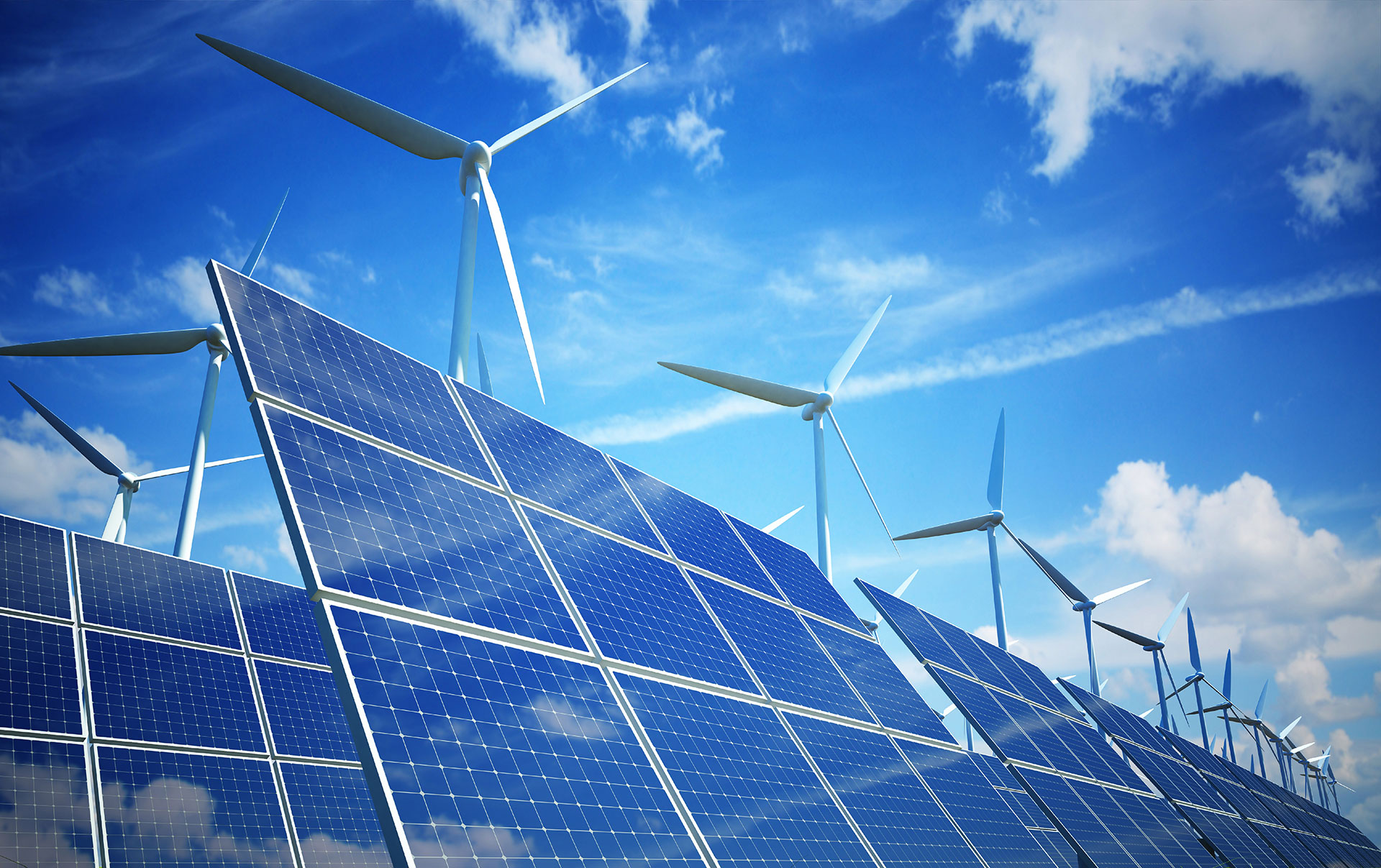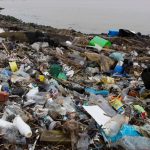Starting in June, all single-use plastics—ranging from plastic bags to … It’s Koster’s hope that this reduces plastic pollution in Bali by 70%, according to …


Starting in June, all single-use plastics—ranging from plastic bags to … It’s Koster’s hope that this reduces plastic pollution in Bali by 70%, according to …
Scientists arrived at this figure, which is around 16 times higher than previous estimates, by assessing aerial images alongside data from ships dragging nets through the region.
Occupying the waters between California and Hawaii, the patch is the largest of five major offshore waste accumulation zones that result from converging ocean currents.
The research was conducted by scientists at the Ocean Cleanup Foundation, who are attempting to understand the true extent of plastic pollution in the world’s oceans.
“Overall you would expect plastic pollution is getting worse in the oceans because we are producing and using more plastics, globally and annually,” Dr Laurent Lebreton told The Independent.
https://www.independent.co.uk/environment/great-pacific-garbage-patch-plastic-pollution-oceans-environment-fish-a8269951.html
Microplastics can really be found everywhere, even in the stomachs of creatures living deep underwater.
Marine scientists from the National University of Ireland (NUI) in Galway found the plastic bits in 73 percent of 233 deep-sea fish collected from the Northwest Atlantic Ocean—one of the highest microplastic frequencies in fish ever recorded worldwide.
https://www.ecowatch.com/plastics-deep-sea-fish-2536726086.html
Plastic production wreaks havoc on people and the planet—from fracking wells and pipelines in Pennsylvania, to air pollution from plastic plants in Scotland.
We are choking the planet in plastic. Everything from wasteful water bottles to grocery shopping bags are polluting our waterways, and endangering marine life and the natural environment. It’s fair to say that even the most casual news consumer has probably encountered a Facebook post, TV report, or radio segment about the garbage patches in the Pacific Ocean.
But what’s less well-known is what is fueling this plastics binge: fracking. As the Guardian recently reported, in less than a decade, tens of billions of dollars have been invested in creating new manufacturing sites around the world to turn fossil fuels into resin pellets used to manufacture plastic products. The companies profiting off this surge in plastics are contributing to a growing climate crisis while generating mountains of plastic garbage.
http://www.yesmagazine.org/planet/we-are-drowning-in-plastic-and-fracking-companies-are-profiting-20180214

CLIFFE, KENT – JANUARY 02: Plastics and other detritus line the shore of the Thames Estuary on January 2, 2018 in Cliffe, Kent. Tons of plastic and other waste lines areas along the Thames Estuary shoreline, an important feeding ground for wading birds and other marine wildlife. According to the United Nations Environment Programme (UNEP), at current rates of pollution, there will likely be more plastic in the sea than fish by 2050. In December 2017 Britain joined the other 193 UN countries and signed up to a resolution to help eliminate marine litter and microplastics in the sea. It is estimated that about eight million metric tons of plastic find their way into the world’s oceans every year. Once in the Ocean plastic can take hundreds of years to degrade, all the while breaking down into smaller and smaller ‘microplastics,’ which can be consumed by marine animals, and find their way into the human food chain. (Photo by Dan Kitwood/Getty Images)
Buckingham Palace outlined new waste plans and said there was a ‘strong desire to tackle the issue’ at the highest levels of the Royal household.
It is thought that the Queen became personally interested in the problem of plastic after working with Sir David Attenborough on a conservation documentary dealing with wildlife in the Commonwealth.
The new measures include gradually phasing out plastic straws in public cafes and banning them altogether in staff dining rooms.
Internal caterers at Buckingham Palace, Windsor Castle, and the Palace of Holyroodhouse in Edinburgh will now only be allowed to use china plates and glasses, or recyclable paper cups.![]()
![]()
http://www.telegraph.co.uk/news/2018/02/11/queen-declares-war-plastic-david-attenborough-documentary/
The Polo Hemp Mill in Illinois began operation on November 20, 1943. At that time there were more than 3,200 hemp growers in the state.
Educational materials and propaganda videos such as “Victory for Hemp” were sponsored by the U.S. government, assuring cultivation would be backed by our military and economy.
Considering this happened 74 years ago this fall, we see the same struggles in the present-day relationship between farmers and industrial hemp in Illinois. This time around, a massive effort is required to establish sustainability and resilience within our agricultural system and the next economy, not the war effort.
Once again, farmers need assurance that hemp is a viable crop for their rotation and that hemp will not only benefit their pocketbooks as a fiber crop, but also is a powerful ally in environmental restoration.
Requiring little water and no fertilizers or pesticides to grow, hemp thrives in marginal soil. It removes chemicals that seep into waterways. It can replace paper products, reducing deforestation that encroaches on fragile ecosystems. And that’s just a start.
The market for hemp products is vast and growing rapidly. It includes durable textiles; strong, ecofriendly building materials; natural cosmetics; petroleum free bio-plastics and biofuels; beneficial, non-psychoactive medicines; and nutrient dense foods.
As a first-generation farmer, and a woman, I am so thrilled to have a future in hemp on my horizon. My devotion to this plant stems from a realization that regenerative agriculture is my only path to an honest living.
I’m Rachel Berry, and that’s my perspective.
http://northernpublicradio.org/post/hemp-offers-benefits-future
In Mike Nichols’s 1967 film, The Graduate, a disillusioned college grad, Ben, played by Dustin Hoffman, is taken aside at a party by a family friend, Mr. McGuire.
“I want to say one word to you, just one word,” Mr. McGuire tells him.
“Yes, sir.”
“Are you listening?”
“Yes, I am,” Ben says, nodding.
“Plastics.”
“Exactly how do you mean?” Ben asks.
“There’s a great future in plastics. Think about it. Will you think about it?”
The “plastics” quote became the film’s best-known line, and one of the best known in American cinema. And you know what? Mr. McGuire was right.
In the 1960s, plastics were mostly used for durable goods, from car seats to sleek, Italian-designed kitchenware. Shortly thereafter, the use of single-use, throwaway plastic for beverages, food, shopping bags and containers exploded, creating fortunes for the petrochemicals companies that would churn out hundreds of millions of tonnes of polyethylene, the most common and cheapest of the plastics.
https://www.theglobeandmail.com/report-on-business/rob-commentary/plastics-there-is-a-great-future-in-bioplastics-will-you-think-about-it/article37669410/
UK  High street restaurant chain Leon is to ditch plastic cutlery, it declared yesterday.
High street restaurant chain Leon is to ditch plastic cutlery, it declared yesterday.
Throwaway knives, forks and spoons which end up choking the environment will be phased out within months at its 50-plus outlets.
The announcement is a victory for the Daily Mail’s campaign to end the scourge of plastics polluting the planet and will pile pressure on rivals to follow suit.
Coffee house Le Pain Quotidien has already switched to biodegradable alternatives but the trailblazers shame the majority of high street chains which still hand out plastic disposables.
We have a whole world of plastic that needs to be replaced with other biodegradable materials. We have come to rely on this indestructible modern material for every single facet of daily life.
The food you ate today was probably sold in plastic packaging, the vehicle you transport yourself in has plastic components, be that a car, bus, bike, train, plane, boat, kayak … the computer you are reading this article on, even the charger and the wall socket protector … just look around.
https://www.ecowatch.com/toward-a-plastic-free-future-2519406874.html
Your Greek yogurt creates food waste that could one day be used in jet fuel.
That’s right—when Greek yogurt is made, it leaves behind liquid whey, which is the watery remains after protein is strained from milk. A process that mixes this waste with thousands of species of bacteria and some heat transforms the whey into a new material called bio-oil, which could be used in biofuels or additives in livestock feed.
http://www.newsweek.com/2017/12/29/greek-yogurt-waste-could-be-used-jet-fuel-and-livestock-feed-746965.html
and
Waste streams can be renewable feedstocks to produce biofuels and chemicals. Acid whey is an example waste stream and is produced by the Greek-yogurt industry in large volumes. This whey and other waste streams have been successfully converted into methane gas by anaerobic digesters with open cultures of microbial consortia (microbiomes). However, the revenue from methane has been relatively low. Until now, no other products could be produced with microbiomes from this waste stream. This has now changed. Here, we showed that acid whey was converted into valuable medium-chain carboxylic acids (MCCAs), such as n-caproic acid (n-hexanoic acid) and n-caprylic acid (n-octanoic acid), without addition of external electron acceptors.
http://www.cell.com/joule/fulltext/S2542-4351(17)30179-4
